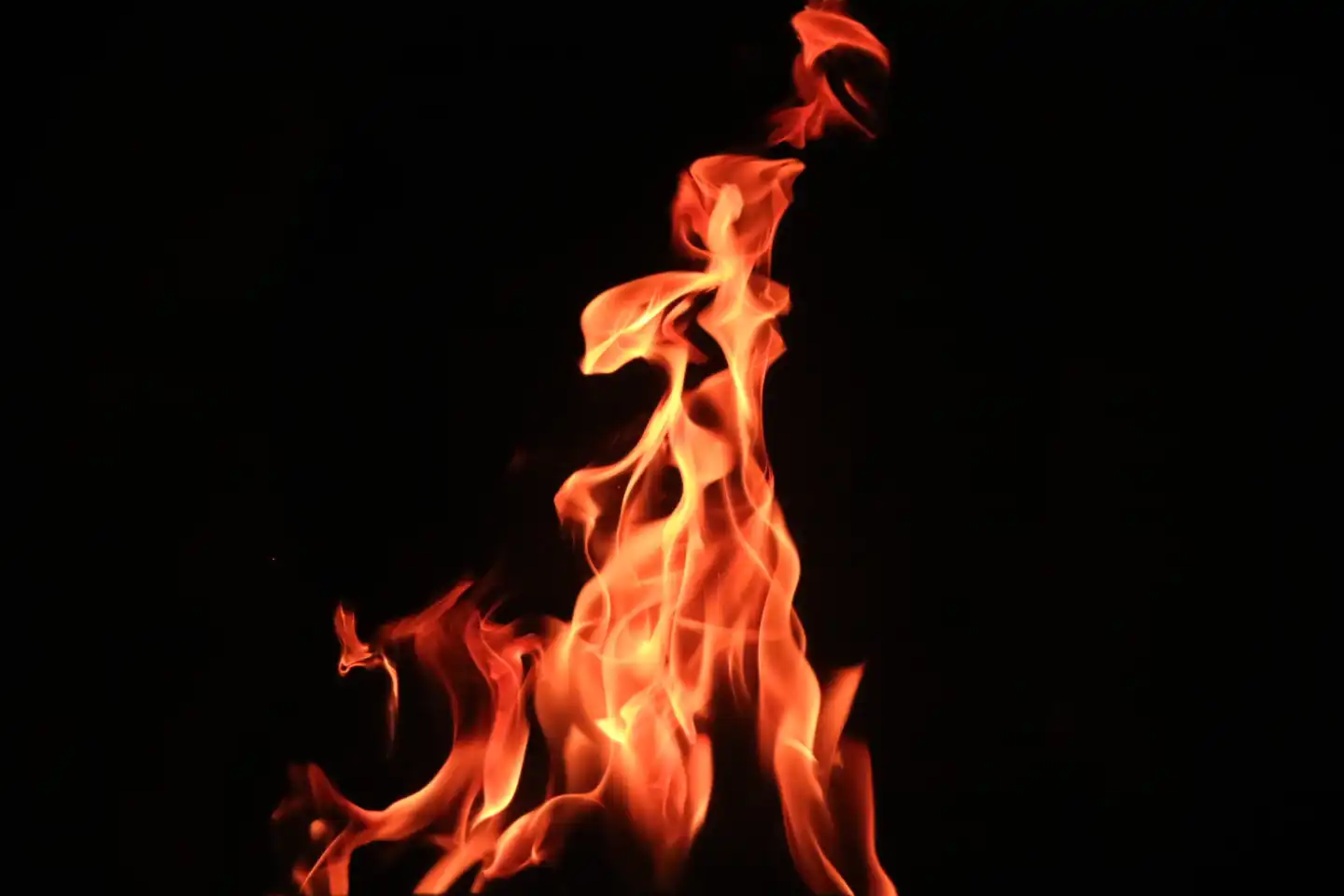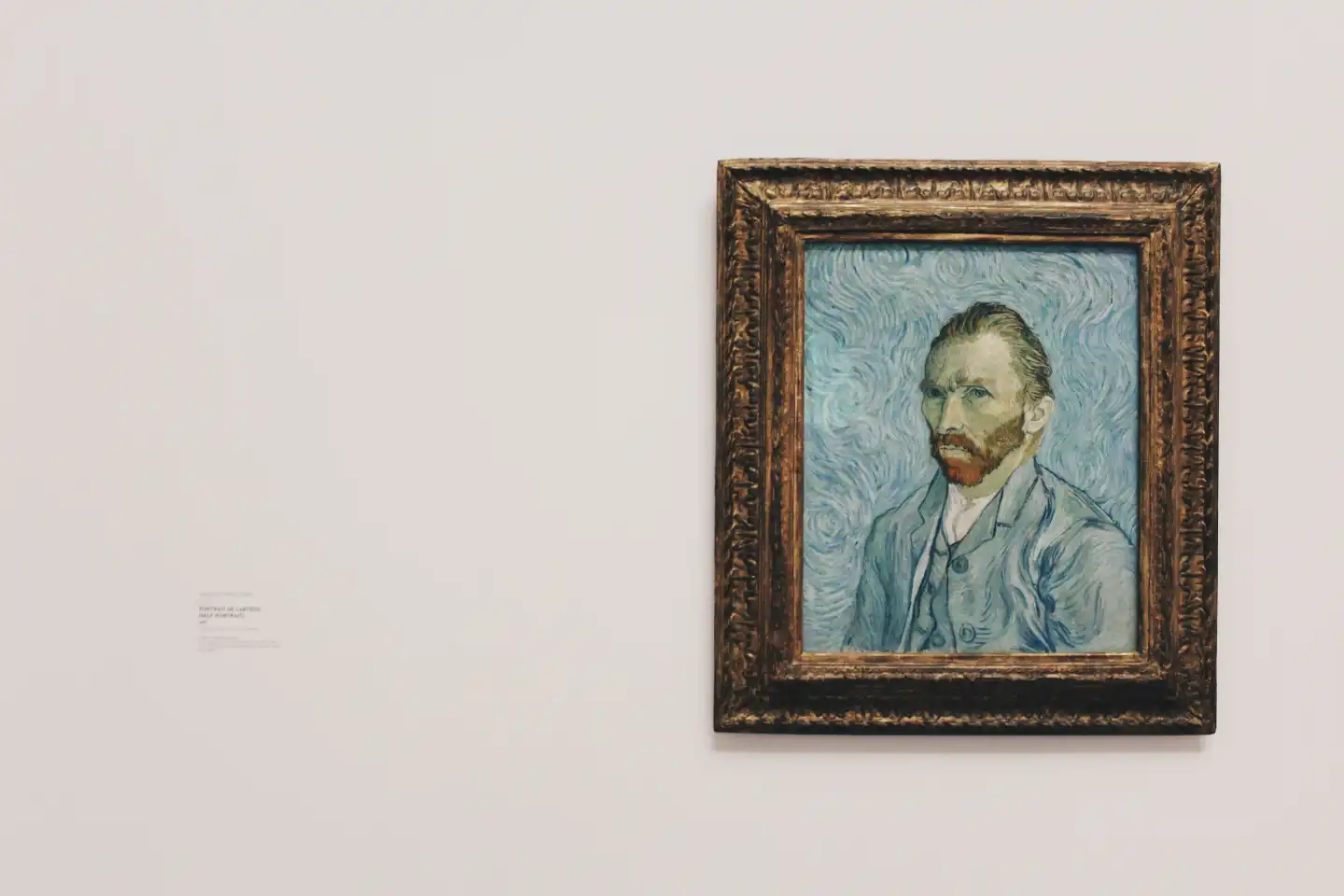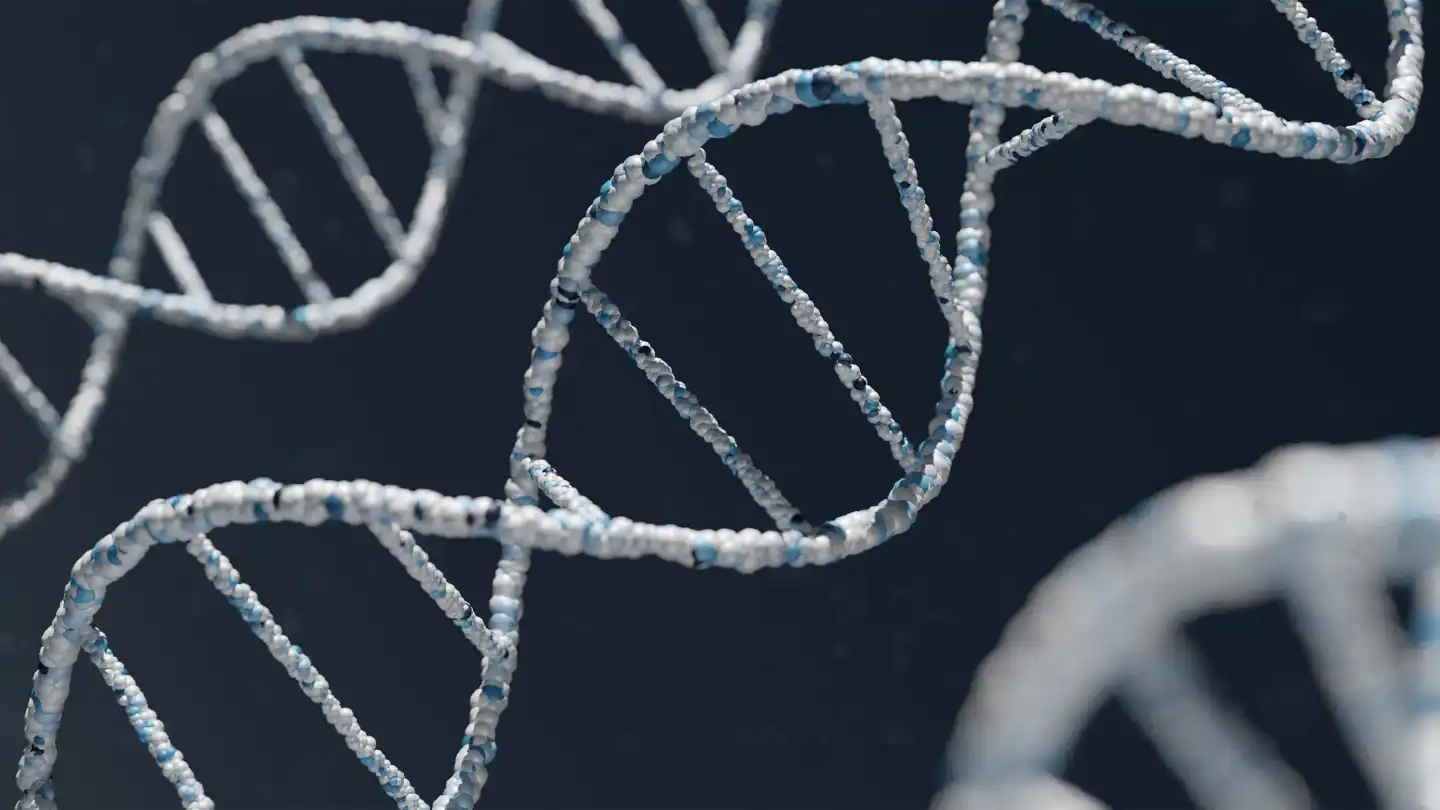
29 Nov Passion as a Driving Force: The Unyielding Flame Within
Unbridled Passion: The Uncontrollable Fire that Propels and Questions
Passion, in its rawest form, is an uncontrollable fire. It consumes, it drives, and it often defies reason. This fervent force, this insatiable hunger to create, to explore, to achieve, is what has propelled humanity forward, pushing boundaries and shattering conventions. Yet, the very nature of passion, with its obsessive zeal, often brings individuals to the precipice of doubt. Can such unbridled enthusiasm be sustained? Is it a boon or a bane?
Passionate Pioneers: Defying Norms and Transforming the World through Vincent van Gogh and Marie Curie
Throughout history, the annals are replete with tales of individuals whose passions led them down paths less traveled, often in defiance of societal norms and expectations. Consider Vincent van Gogh, whose revolutionary art was met with skepticism and indifference in his lifetime. His passion for painting, however, was undeterred by the lack of recognition, and he continued to pour his soul onto the canvas, leaving behind a legacy that would later be celebrated worldwide. Similarly, Marie Curie’s relentless pursuit of knowledge in the realm of radioactivity faced both societal skepticism due to her gender and the dangers of her research. Yet, her passion led to discoveries that transformed the world of science.
Unraveling the Origins in DNA, Nurture, and the Symbiotic Dance
Philosophical Inquiry into Passion: Innate Essence, External Influence, or a Symbiotic Dance?Such historical narratives prompt a deeper philosophical inquiry: Is passion an innate quality, a primal force embedded in our very DNA? Or is it a product of nurture, cultivated by external influences and personal experiences? Perhaps it’s a blend of both, a symbiotic dance between our inherent nature and the world we navigate.
Ancient Wisdom on Passion
Ancient philosophers often pondered the origins of passion. Plato, in his dialogues, spoke of “divine madness” – a form of inspiration that transcends reason. In contrast, Aristotle believed that passion, like virtue, could be cultivated through habit and deliberate practice. In Eastern philosophies, passion is often viewed as a double-edged sword, capable of leading one to enlightenment or ensnaring them in the chains of desire.
Environment’s Influence vs. Intrinsic Essence in the Ongoing Debate on Passion
In the modern context, the debate continues. Some argue that passion is a product of our environment, shaped by our experiences and the influences that surround us. Others believe it’s an intrinsic part of our being, a spark that exists within, waiting to be kindled.
Illuminating Heights or Consuming Depths, a Choice in the Flames
Regardless of its origins, one thing remains clear: passion, with its unyielding power, has the potential to elevate us to unparalleled heights or plunge us into the depths of despair. It’s a force to be reckoned with, a flame that, once ignited, can illuminate our path or consume us entirely. The choice, as always, lies with us: Do we let it burn wildly, or do we harness its energy to light the way?
The Paradox of Knowledge explores the intricate interplay between enlightenment and uncertainty, delving into the paradoxical nature of acquiring knowledge and the inherent complexities that arise in the pursuit of understanding.






